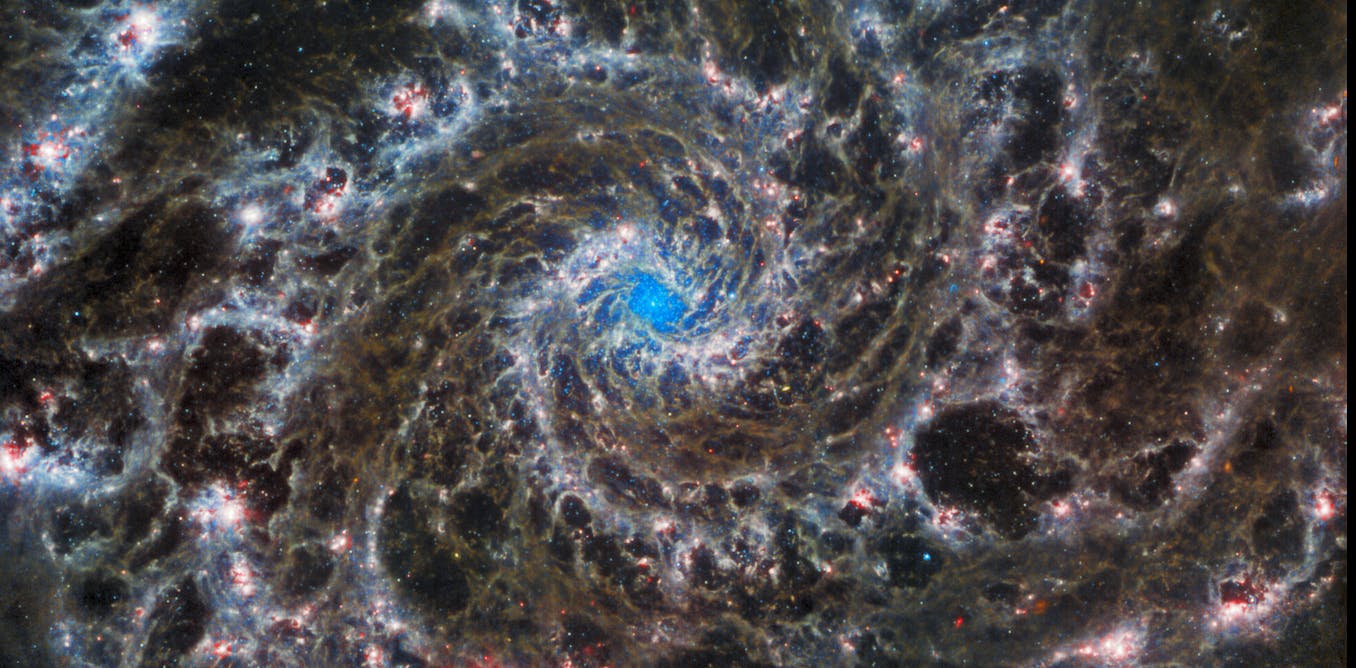Super quick summary using quotes from the article:
This [theory] can be tested by timing radio pulses between Earth and Cassini. Since Cassini was orbiting Saturn, this helped to measure the Earth-Saturn distance and allowed us to precisely track Saturn’s orbit. But Cassini did not find any anomaly of the kind expected in Mond.
Another test is provided by wide binary stars – two stars that orbit a shared centre several thousand AU apart. Mond predicted that such stars should orbit around each other 20% faster than expected with Newton’s laws. But one of us, Indranil Banik, recently led a very detailed study that rules out this prediction.
Ultimately though, Mond, as presently formulated, cannot be considered a viable alternative to dark matter any more. We may not like it, but the dark side still holds sway.
Good non-bot
They had to accept the null hypothesis. Not a bad thing, the point of science is to determine what’s true, not reinforce what you want to be true.
Unfortunately when it comes to paradigm shifts this is not the case
Academia has a huge problem with arrogance and stubbornness
My impression has been that Dark Matter had long been the preferred explanation over MOND. The remaining MOND advocates aren’t quite done yet, but they’re getting close.
Still hasn’t helped in nailing down what the hell Dark Matter really is.
Inertia
I work/worked in science and I’d say it’s humans. Especially old humans who get their egos tied up into their work.
Younger scientists seem to find it easier when they’re told a concept that forms at least a portion of their previous work is wrong - many just roll with it. Time to do more research, hooray for enhanced job security.
Older scientists, though, tend to fight that change because even if the disproven concept is only 5% of their work, it’s 5% of decades of work and their work has increasingly become part of their identity. That’s a big part of the reason I stepped out of both research and lab work: so many snooty, old, white men who lack lives outside of their field of study. They’re just exhausting to be around.
old human 😂
… Is a property of matter
Does this mean academia is matter?!
Dense matter.
This is just not the case. When Schrodinger proposed the wave equation it did not take long to become commonly accepted. It didn’t even take long for Einstein 's theory of relativity to be accepted by the scientific community either, even though the implications of that theory sound completely insane to human intuition.
It took longer for Darwin’s theories to be generally accepted, though, and somehow some people still won’t acknowledge them.
Still doesn’t explain dark matter though. We have a number of experiments searching for it, and they’ve yet to even get a hint of confirmation of its existence. Whatever the resolution to this is, it’s probably not dark matter either.





